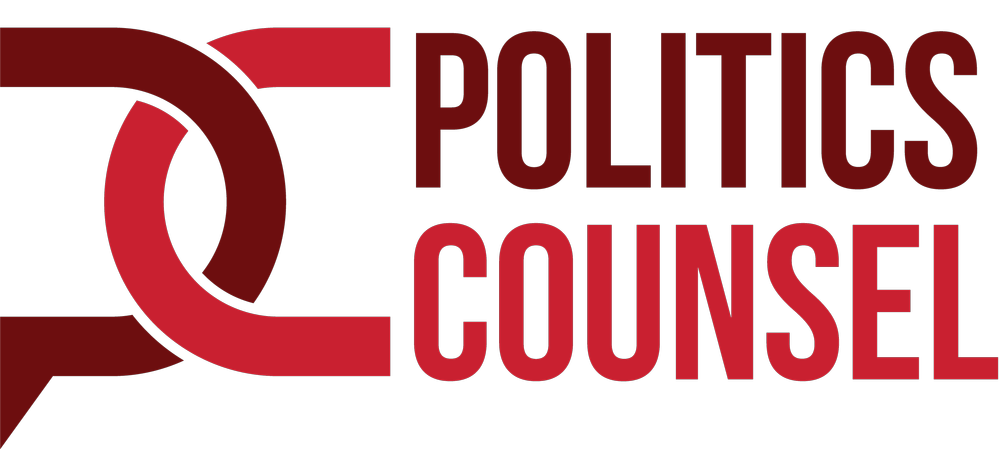By Libby Krieger, published by the American Spectator
Much to the dismay of thousands of angry protestors, a debate between conservative Daily Wire podcast host Michael Knowles and libertarian journalist Brad Polumbo was held last night at the University of Pittsburgh.
The debate was met with several roadblocks in the weeks leading up to it: 11,000 signatureswere collected demanding the school shut down the debate, Knowles’ original opponent, a transgender professor, backed out of the event, and protestors literally set the street on fire.
During the event, police had to report a “public safety emergency” after an “incendiary device” went off outside the location.
Protestors also set fire to a dummy with Knowles’ face on it. What a “warm” welcome!
So, here’s the question that enraged so many last night: Should transgenderism be regulated by law?
Knowles and Polumbo both agreed that children should not be able to have gender transition surgeries. However, this shared position comes from two different foundational perspectives — conservatives versus libertarian — on the role of government.
The libertarian perspective promulgated by Polumbo asserts that although children shouldn’t be able to move forward with such a decision, adults should have the right to decide for themselves to adopt a new gender identity and undergo surgeries to match that identity.
Knowles pushed back, saying we must have a consistent policy for children and adults.
“It would seem to me that what transgenderism is proposing is an anthropology — it’s an idea about what human nature is,” Knowles said. “So, if it is true, then it is true for children … if it’s true then it would seem to be very cruel to prevent a child from transitioning, especially before puberty.”
Some accuse Knowles of being “extremist” or authoritarian. But Knowles is arguing for the traditional conservative perspective, one founded on philosophers such as Edmund Burke, Russell Kirk, and William F. Buckley Jr.
This stance promotes the idea that the government has a role in promoting the good, the true, and the beautiful — and therefore should necessarily discourage or outlaw what is harmful to that good, true, and beautiful.
His perspective, though more aligned with the conservative tradition, has become lost in a generation inculcated in the libertarian mantra “live and let live” — a position that is much easier to posit without backlash.
Another side to Polumbo’s libertarian position is his belief that the government should not be the arbiter of acceptable ideas.
“Michael keeps saying that transgenderism is false, and if it is false, it should be banned,” Polumbo said. “I don’t believe government should be in the business of banning false ideas.”
Essentially, Polumbo would prefer that the government act with a viewpoint-neutral position, as to not take any side.
Knowles pushed back on this notion that the government can ever really be neutral.
For example, either the law establishes and enforces that women have separate public bathrooms, or it doesn’t. The two opinions cannot exist together — one necessarily must win out.
“The law must necessarily say something,” Knowles said.
So, who will win?
Last night, the debate was between a conservative and a libertarian. But today, the debate rages on between truth and falsehood.
This article was originally published in The American Spectator.
